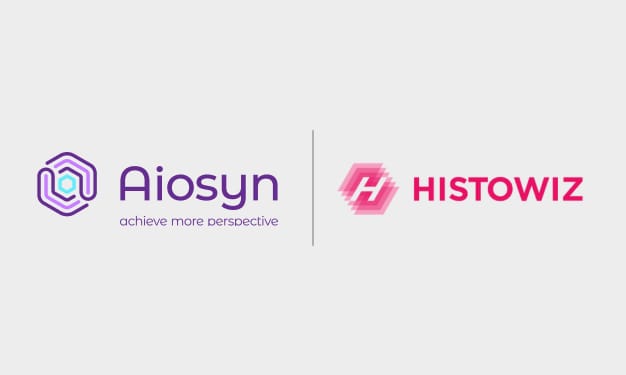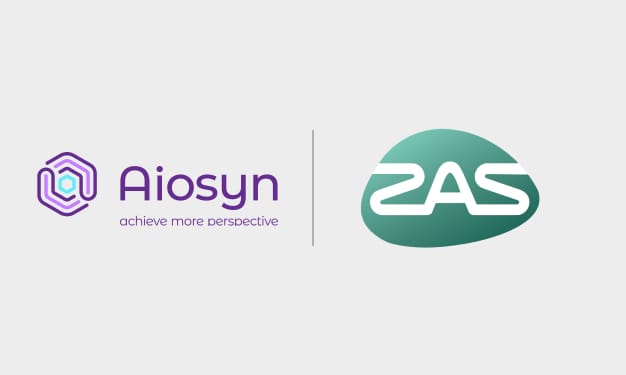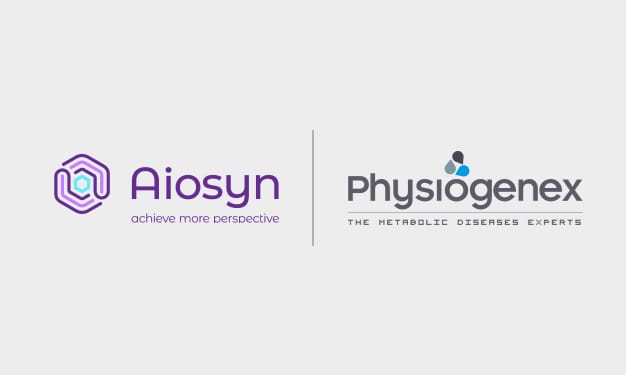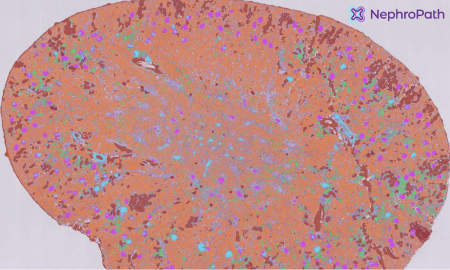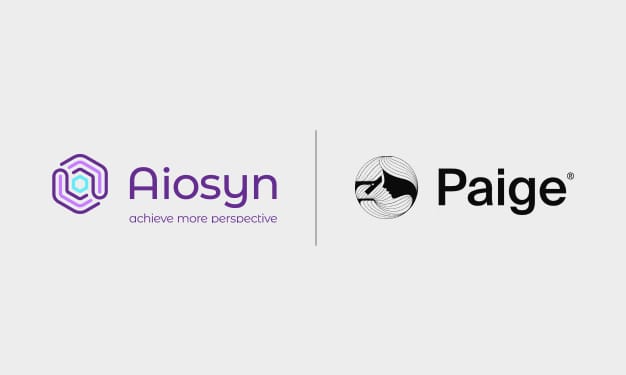Aiosyn, a company that develops AI-powered pathology algorithms, will participate in an Health~Holland PPP Allowance project with the main aim to improve the diagnostic process for breast and prostate cancer grading.
Providing the right care for prostate cancer patients is hampered by variability in assigning the histopathological Gleason grade. It is shown that it is possible to leverage artificial intelligence to help pathologists reduce this variability and increase the quality of their diagnostics.
Breast and prostate cancer are among the most common cancers in the Netherlands, with over 15,000 and 12,000 new cases per year, respectively. Many of these patients have low-grade cancers, which do not require aggressive treatment. However, due to variability in grading patients sometimes are either treated with aggressive therapy unnecessarily, reducing their quality of life, or not treated aggressively enough, causing their cancer to progress. By supporting pathologists with AI tools, better, more personalised grades can be obtained for individual patients and ensure they receive appropriate treatment.
Within the DeepGrading project, Aiosyn and Radboudumc will further develop AI algorithms that can grade cancers at the level of expert pathologists. However, we need to further study how pathologists can use these algorithms in the daily routine. Within this project it will be investigated which algorithm-supported workflows result in the most efficient and accurate diagnostic pathway. The AI-supported pathologists will be able to provide better, more consistent grades for breast and prostate cancer, thus contributing to the increase of effective and appropriate treatment for patients.
At the end of the project the goal is to have fully, clinically validated AI algorithms for supporting pathologists in accurately grading breast and prostate cancer. In addition, the algorithms will be able to handle unseen, rare subtypes of cancer and flag these for the pathologist, preventing oversight.
More News
-
Discover the clinical performance results of Aiosyn Mitosis Breast at ECDP 2024
03 June, 2024 • By Victoria Grosu
Read more -
Aiosyn and HistoWiz partner to improve kidney disease research through AI-powered preclinical studies
22 May, 2024 • By Anna Correas Grifoll
Read more -
Aiosyn’s AI-powered mitosis detection solution is now accessible in Sectra Amplifier Marketplace
02 May, 2024 • By Anna Correas Grifoll
Read more -
ZAS Netwerk partners with Aiosyn to evaluate AI-powered mitosis detection in clinical settings
25 March, 2024 • By Kama Witkowska
Read more -
Explore the clinical performance insights of Aiosyn Mitosis Breast at USCAP 2024
21 March, 2024 • By Victoria Grosu
Read more -
Aiosyn and Physiogenex partner to enhance kidney disease drug development
14 March, 2024 • By Kama Witkowska
Read more -
Aiosyn launches Kidney Image Analysis Services through its NephroPath platform to accelerate drug development studies
29 February, 2024 • By Anna Correas Grifoll
Read more -
Aiosyn partners with Paige to enhance the accessibility of AI-powered automated quality control in pathology laboratories worldwide
08 February, 2024 • By Anna Correas Grifoll
Read more



